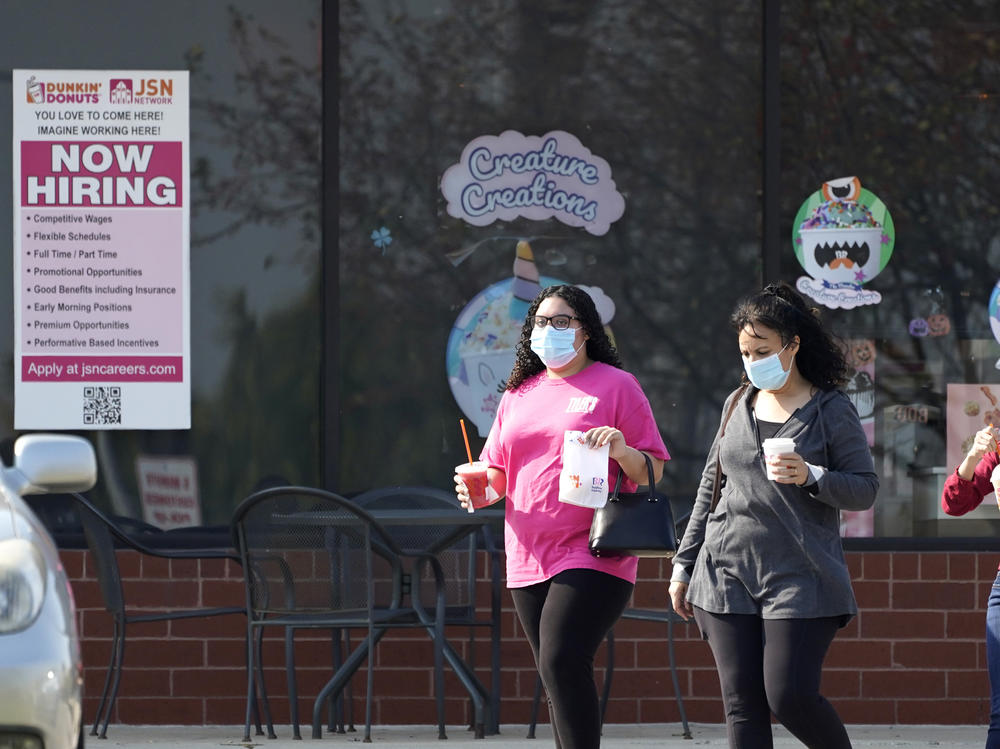Section Branding
Header Content
Single-Day COVID-19 Deaths In Illinois At Highest Level In Months
Primary Content
Health officials in Illinois on Thursday announced the largest number of COVID-19 deaths for a single day since June.
The Illinois Department of Public Health reported 53 new deaths, the largest daily increase since 64 people were reported as having died from the virus on June 24.
According to the Chicago Tribune, Thursday's infections topped a previous high in May. On Sept. 4, more than 5,000 cases were reported, but they were mostly attributed to a "backlog in processing test results," the newspaper said.
On Wednesday, Illinois Gov. J.B. Pritzker warned that the state's coronavirus data was trending in a "concerning direction." He and IDPH Director Dr. Ngozi Ezike urged residents to rethink how they might celebrate the upcoming holidays in an effort to contain the spread of the virus.
"COVID-19 has changed the way we work, live, and play, and will now change how we plan to celebrate the holidays," Ezike said in a statement. "While the safest way to celebrate is with members of your household and connecting with others virtually, we know, for many, the holidays are all about family and friends, so we want to provide some tips on how to celebrate safer."
The state department of health also said Wednesday that it was changing the way it reports its SARS CoV-2 data.
For east-central Illinois, it had previously stripped out results from Champaign County to account for a wide-scale testing program at the University of Illinois. Now, the officials said, they will remove the data only from the university, not for the entire country where it is located.
The department also said that beginning Thursday, it will include the results of antigen tests in its daily count of coronavirus screenings.
"Previously, due to the limited number of antigen tests and limited information about antigen test accuracy, antigen tests were not included in the total number (which comprised less than 1% of total tests performed)," the IDPH said in a statement on Wednesday.
Copyright 2020 NPR. To see more, visit https://www.npr.org.

